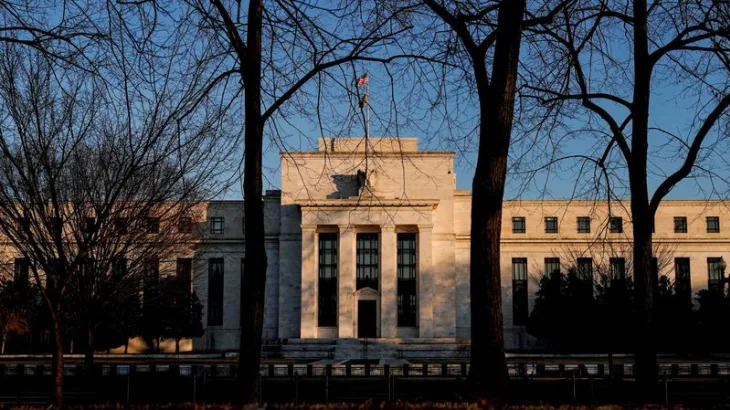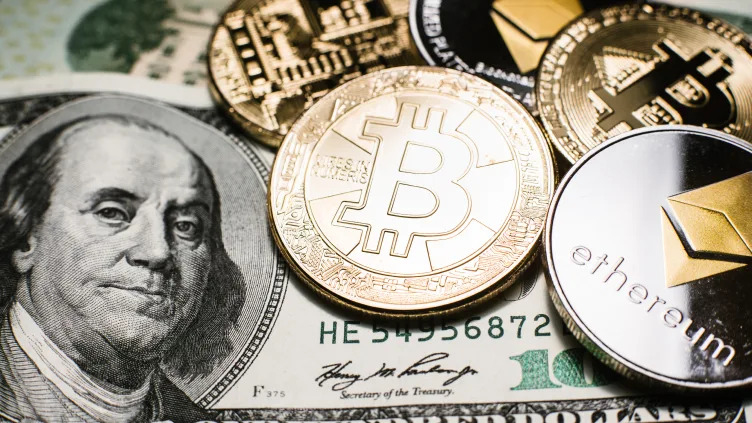(Bloomberg) -- Donald Trump’s arrival in the White House is about to revitalize a group of assets long under attack by the Republican Party.
That’s according to a pair of hedge fund managers whose strategies are tied to decarbonizing the energy supply chain. They’re expecting Trump’s stated policies of protecting US manufacturing and securing cheap energy to turbocharge select green assets, especially US solar.
Lisa Audet, founder and chief investment officer of Greenwich, Connecticut-based hedge fund Tall Trees Capital Management, says she doesn’t see “the incoming administration as anti-decarbonization.”
Instead, Audet says she expects the incoming “Trump administration will prioritize abundant, reliable, competitive energy sources, which for us are US natural gas, nuclear and solar. Fortunately, all of those are low carbon or zero carbon, which is good for decarbonization.”
Read More About How Hedge Funds Are Approaching Nuclear Power
The comments follow a deep selloff of green stocks in the moments right after Trump’s election victory, as investors weighed the ramifications of having a president whose public statements on energy have been pro-oil and anti-wind power. And after years of Republican attacks on investors who embrace climate-friendly policies, the consensus remains that now isn’t the time to buy green assets.
But some money managers are starting to look past the rhetoric.
“We don’t fear a Trump presidency,” said Tal Lomnitzer, senior investment manager on the global sustainable equity team at Janus Henderson Investors. “The dislocations in share prices that we’ve seen since the election probably offer opportunity more than reflecting appropriate levels of risk.”
Per Lekander, chief executive officer of hedge fund Clean Energy Transition, says Trump’s policies represent a “buying opportunity” for green investors. He also says that given the prospect of an escalating tariff war, he’s now targeting green stocks in the US rather than those based in Europe.
Lekander’s London-based hedge fund has been buying up shares of solar-module maker First Solar Inc., which he expects to triple in price in the coming years.
Lomnitzer at Janus Henderson says he thinks “utility scale solar is likely to surprise to the upside under the new Trump administration,” and that the incoming president’s arrival in the White House “actually enhances the prospects.”
It’s a view that’s still at odds with the direction in which much of the rest of the market is leaning. Short positions make up about 10% of shares outstanding of the Invesco Solar ETF, a US-based exchange-traded fund focused on solar stocks, according to data from S&P Global Securities Finance. And short bets against First Solar have increased since Trump’s election win.
At the same time, short interest in California-based Enphase Energy Inc. is down from a November peak of 14% to about 12.6%. And for Florida-based battery storage systems maker NextEra Energy Inc., short bets are now less than 1%, compared with a recent peak of 2.4%.
Lekander said he’s looking closely at how supply-chain disruptions caused by tariffs will affect individual green stocks. With the Trump administration set to raise import tariffs, “you end up with an under-supplied market where First Solar is almost a monopoly,” Lekander said.
Trump has been full-throated in his support of tariffs. But how to interpret much of what comes out of his mouth is likely to remain a challenge for asset managers over the next four years. Wind stocks plunged last week after the president-elect said he would introduce a policy whereby “no windmills are being built.” At the same time, he’s softened his stance on electric vehicles, after Tesla Inc. CEO Elon Musk became his biggest campaign donor.
Lekander said Trump won’t be able to repeal President Joe Biden’s landmark climate law, the Inflation Reduction Act, because of its growing popularity in Republican states. And that means there’ll continue to be investments in climate-friendly assets, he said.
For now, though, green stock indexes continue to underperform.
Since the Nov. 5 election, the S&P Global Clean Energy Index has dropped about 16%, while the S&P Global Oil Index and S&P 500 are both little changed. That follows a 27% slump in clean energy stocks last year, when the S&P 500 gained 23% and oil stocks fell 3%.
Audet said a lot of green industries remain unappealing.
“We’re less excited about offshore wind, hydrogen, carbon-capture solutions and long-term energy storage,” she said. “They’re expensive. We think those are technologies that will struggle going forward in this new world of a focus being on competitiveness.”
--With assistance from Sheryl Tian Tong Lee.
(Adds Janus Henderson comment in 10th paragraph.)





